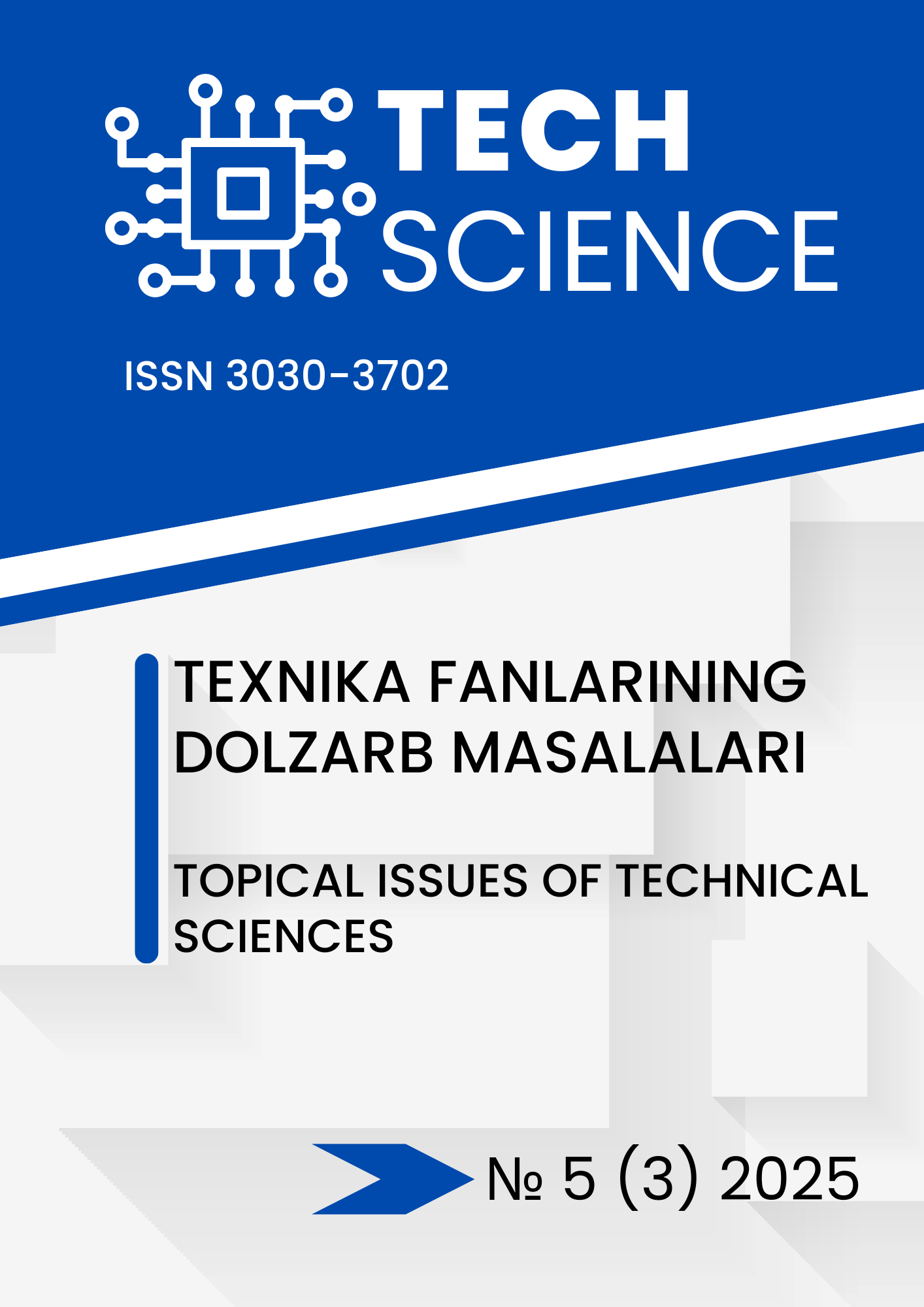SENTIMENT ANALYSIS AND DETERMINATION OF ASPECTS WITH RATINGS IN SOCIAL COMMENTS THROUGH TRAINED GENERATIVE MODELS
DOI:
https://doi.org/10.47390/ts-v3i5y2025N7Keywords:
Uzbek language, sentiment analysis, text processing, aspect identificationAbstract
Typically, a review includes not only an overall rating but also ratings for several aspects and accompanying text. The rating is considered a numerical representation of the author's overall satisfaction. Although the number of reviews with aspect-specific ratings is increasing, there are still many reviews that only provide an overall rating. Extracting hidden aspect-related opinions from such reviews helps users quickly understand the gist without reading the entire text. This task mainly consists of two parts: identifying aspects and assigning ratings. Most existing studies cannot utilize the aspect ratings that have been increasingly available in recent years. In this article, we examine two artificial intelligence models that improve the efficiency of assigning aspect ratings to unseen reviews. Specifically, we look at sentiment words and aspect-level sentiment distributions that generate aspect ratings
References
1. Samaneh Moghaddam and Martin Ester. ILDA - interdependent LDA model for learning latent aspects and their ratings from online product reviews. In Proceedings of the 22nd Annual International ACM SIGIR Conference on Research and Development in Information Retrieval, pages 665–674, New York, New York, USA, 2011. ACM Press
2. Samaneh Moghaddam and Martin Ester. On the design of IDA models for aspect-based opinion mining. In CIKM, pages 803–812, New York, New York, USA, 2012. ACM Press.
3. Hongning Wang, Yue Lu, and ChengXiang Zhai. Latent aspect rating analysis on review text data - a rating regression approach. In KDD, pages 783–792, New York, New York, USA, 2010. ACM Press.
4. Wei Xue, Tao Li, and Naphtali Rishe. Aspect and Ratings Inference with Aspect Ratings - Supervised Generative Models for Mining Hotel Reviews. In WISE, pages 17–31, Cham, 2015. Springer International Publishing.
5. Maria Pontiki, Dimitris Galanis, Haris Papageorgiou, Ion Androutsopoulos, Suresh Manandhar, Mohammad AL-Smadi, Mahmoud Al-Ayyoub, Yanyan Zhao, Bing Qin, Orphee De Clercq, Veronique Hoste, Marianna Apidianaki, Xavier Tannier, Natalia Loukachevitch, Evgeniy Kotelnikov, Núria Bel, Salud María Jiménez-Zafra, and Gülşen Eryiğit. SemEval-2016 Task 5: Aspect Based Sentiment Analysis. In SemEval@NAACL-HLT, pages 19–30, Stroudsburg, PA, USA, 2016. Association for Computational Linguistics.
6. David M Blei, Andrew Y Ng, and Michael I Jordan. Latent Dirichlet Allocation. Journal of Machine Learning Research, 3(Jan):993–1022, 2003.
7. Yue Lu, ChengXiang Zhai, and Neel Sundaresan. Rated aspect summarization of short comments. In WWW, pages 131–140, New York, New York, USA, 2009. ACM Press.
8. Thomas L Griffiths and Mark Steyvers. Finding scientific topics. Proceedings of the National Academy of Sciences, 101(suppl 1):5228–5235, April 2004.
9. Sanatbek G‘ayratovich Matlatipov, Jaloliddin Rajabov, Elmurod Kuriyozov, and Mersaid Aripov. UzABSA: Aspect-Based Sentiment Analysis for the Uzbek Language. In Proceedings of the 3rd Annual Meeting of the Special Interest Group on Under-resourced Languages @ LREC-COLING 2024, pages 394–403, Torino, Italia, May 2024.
10. https://en.wikipedia.org/wiki/Maximum_a_posteriori_estimation
11. https://huggingface.co/datasets/Sanatbek/aspect-based-sentiment-analysis-uzbek








